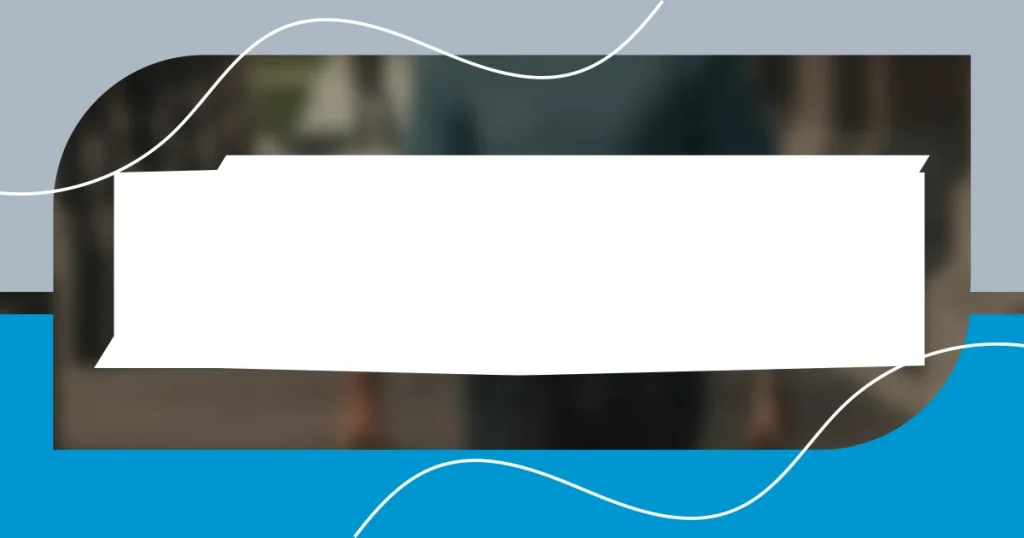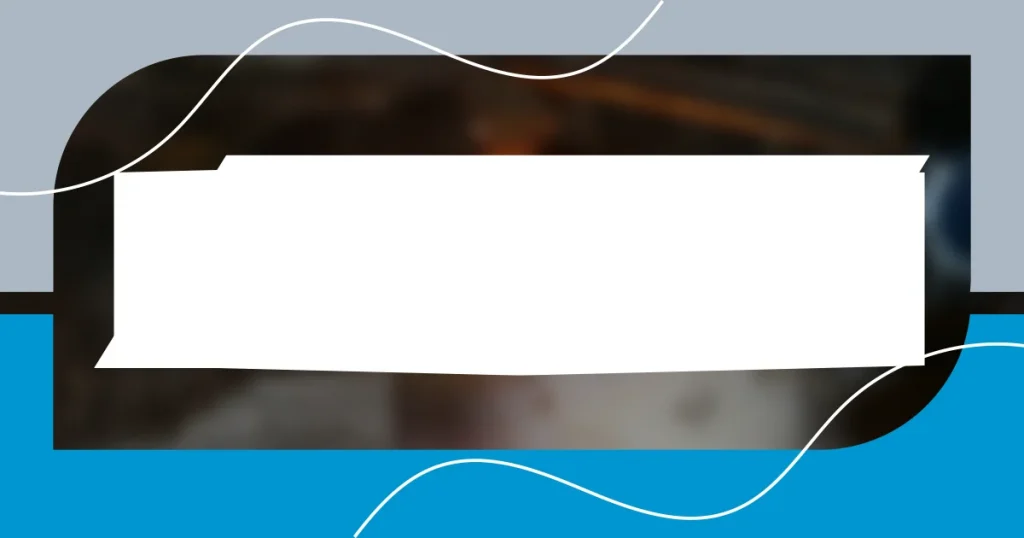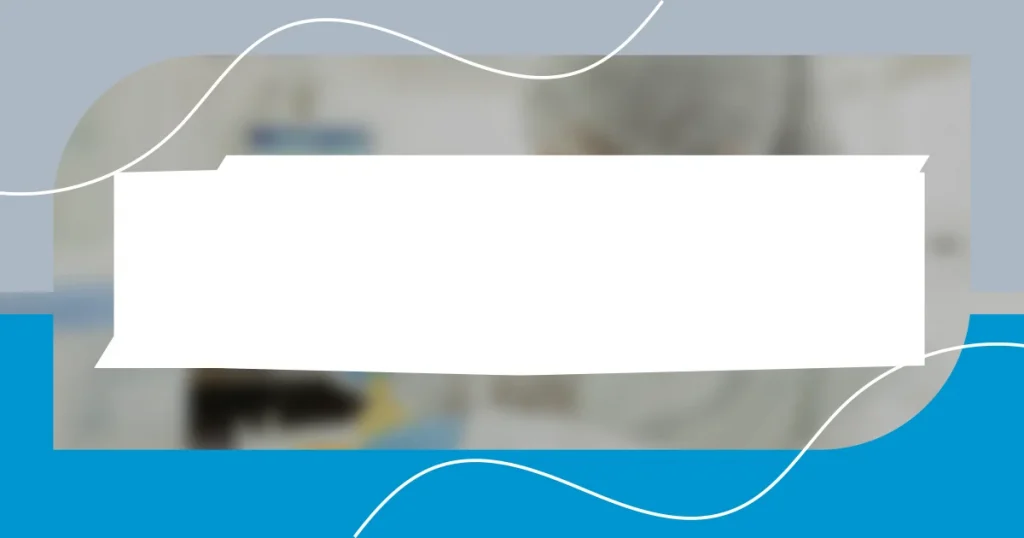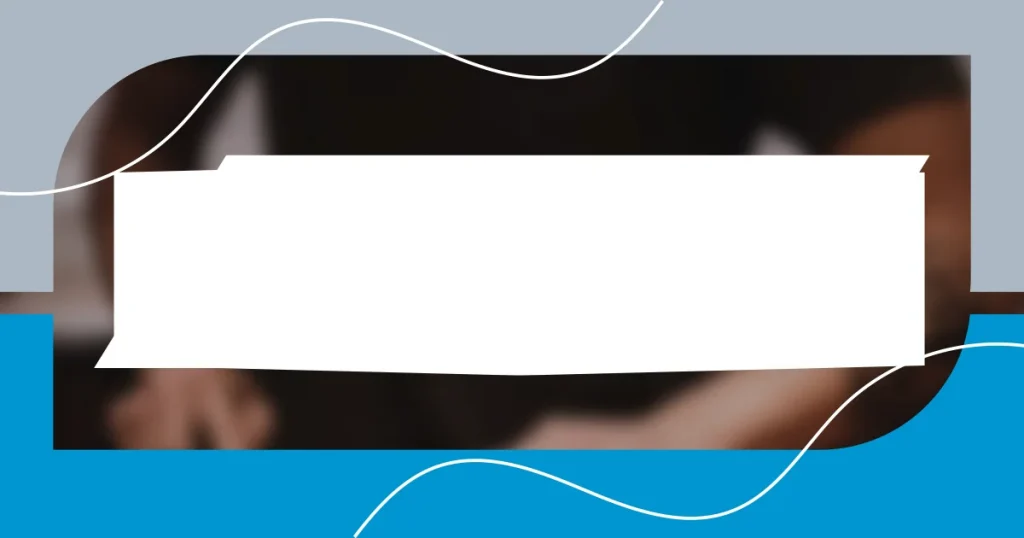Key takeaways:
- Zero waste living focuses on progress over perfection, encouraging small, conscious changes in daily habits to reduce waste.
- The benefits include cost savings, improved mental clarity from decluttering, and enhanced community connections through local initiatives.
- Challenges include overcoming ingrained habits, managing emotional burdens related to waste, and ensuring mindful consumption through preparation and thoughtful purchasing decisions.
Understanding zero waste living
Zero waste living, at its core, is a lifestyle aimed at minimizing refuse by rethinking the way we produce, consume, and dispose of items. I remember feeling overwhelmed when I first learned the concept; it seemed impossible to live without creating waste. However, my journey began with simple changes, like carrying a reusable bag—not just for convenience, but as a conscious choice to reduce plastic usage.
As I delved deeper into zero waste, I felt a mixture of empowerment and guilt. Empowerment came from knowing each small step counts; even switching to a bar of soap instead of liquid can reduce packaging waste. But there were moments of guilt—like looking at my recycling bin and wondering if I was doing enough. Do you ever feel that way when you reflect on your own habits?
One key insight I’ve gained is that zero waste isn’t about perfection; it’s about progress. I often remind myself that even small changes, such as using a reusable coffee cup or choosing bulk bins at the grocery store, contribute to a significant impact over time. Have you considered how even your everyday choices might ripple out and inspire others? These shifts in perspective have transformed the way I view sustainability, making the journey feel less like a burden and more like a shared mission.
Benefits of zero waste lifestyle
Zero waste living offers a myriad of benefits that can positively impact not only the environment but also your personal life. One striking advantage I noticed is the savings that come with rethinking consumption. When I shifted to DIY cleaning products and started embracing bulk purchasing, my grocery bills noticeably decreased. This new approach not only helped reduce waste but also brought a sense of financial freedom. Have you ever realized how much excess packaging you’re paying for with each purchase?
Embracing a zero waste lifestyle can drastically improve your mental well-being as well. Instead of feeling engulfed by clutter, my surroundings became simpler and more organized. The act of decluttering brought a kind of clarity I never anticipated. There’s a wonderful satisfaction that comes from knowing every item in your home has value and purpose. The emotional weight that lifts is almost liberating—have you experienced that sense of liberation when reducing your possessions?
Additionally, adopting this lifestyle fosters a deeper connection with the community and the environment. I’ve found immense joy in local swap events and farmers’ markets, where people gather to exchange goods and ideas. Each interaction enriches not just my life but cultivates relationships with like-minded individuals who share the same values. It’s inspiring to see how the collective efforts of a community can bring about such significant change. Have you ever participated in a local initiative that led to lasting impacts on your area?
| Benefit | Personal Insight |
|---|---|
| Cost Savings | Switching to bulk purchasing reduced my grocery bills. |
| Mental Clarity | Decluttering my space provided a liberating sense of order. |
| Community Connection | Engaging in local events has fostered meaningful relationships. |
Steps to start zero waste
I vividly remember my first attempt at reducing waste; it felt a bit like learning to ride a bike—wobbly and uncertain, yet thrilling. I started by focusing on one area of my life at a time, like my kitchen. From choosing beeswax wraps instead of plastic wrap to investing in a good quality water bottle, each small decision helped unravel the complexities of my daily habits. I noticed that taking it step by step made it less overwhelming and more achievable.
Here’s a simple list of steps to kickstart your zero waste journey:
- Conduct a waste audit: Take a week to observe what items you’re throwing away most often. It’s an eye-opening experience!
- Eliminate single-use items: Start replacing disposable plastics with reusable alternatives—think straws, cups, and cutlery.
- Shop smart: Prioritize bulk purchases and local markets to minimize packaging and support local businesses.
- DIY projects: Try making your own cleaning products or personal care items; it’s often simpler and more satisfying than you might expect.
- Learn and adapt: Embrace the learning curve; every mistake is just a stepping stone towards more sustainable choices.
On a more personal note, I recall the time I hosted a ‘zero waste’ brunch for friends. I was nervous about how they would react, but as we filled our plates with delicious, local, and unpackaged foods, the atmosphere became electric with enthusiasm. Sharing my passion for reducing waste ignited conversations about sustainability, showing me how we can inspire each other. The joy of collective experiences really reinforces that every small step doesn’t just create change within us; it can also ripple out positively into our communities. Have you considered how your social gatherings can reflect your values?
Key challenges in zero waste
Transitioning to zero waste living is a noble endeavor, but it doesn’t come without its challenges. One hurdle I faced early on was the overwhelming amount of information and products marketed as ‘sustainable.’ I often found myself questioning, “Is this really necessary?” or “Am I just replacing one type of waste with another?” Navigating through this confusion required careful research, reflection, and a commitment to understanding the impact of my choices.
Another significant challenge lies in altering long-held habits. I recall the struggle of letting go of convenient single-use items. There’s a certain comfort in using disposable products—it’s quick and easy. However, as I tried to replace them with reusables, I battled moments of frustration. I would ask myself, “Will it really make a difference?” But slowly, I realized that each small change added up, reaffirming the notion that every effort counts.
Finally, the emotional aspect of reducing waste can be quite taxing. It’s easy to feel guilt or shame when you see the waste others generate around you. I certainly felt that way, thinking about my past habits. This emotional burden can be a barrier to progress. Yet, I found it crucial to shift my mindset to one of growth. After all, it’s about progress, not perfection. I began celebrating my small victories instead of dwelling on setbacks. Have you had similar feelings when attempting to live more sustainably?
Tips for reducing waste
One of the easiest ways I found to reduce waste was simply switching to a reusable shopping bag. Initially, I would forget to bring it along, but with a bit of practice, I started keeping one in my car and a couple in my home just in case. The rush of excitement I felt the first time I saw the cashier smile as I handed over my bag was unforgettable; it’s those small moments that reinforce my commitment to this journey.
I also discovered the benefits of meal planning. By outlining my week’s meals in advance, I drastically reduced my food waste. It felt rewarding to cook with specific ingredients, knowing I wouldn’t be tossing anything out at the end of the week. Have you ever noticed how planning can give you a surprising sense of control over your habits? It transformed grocery shopping from a chaotic chore into a thoughtful process.
Lastly, I’ve embraced the idea of “buying less but better.” This means investing in high-quality items that last longer instead of frequently replacing cheaper products. I remember splurging on a sturdy stainless-steel pan that’s become a staple in my kitchen. It not only saves me money in the long run but also evokes a sense of pride every time I stir a delicious meal. This shift in mindset—assessing what I truly need versus what I want—has made all the difference in curbing my wasteful spending habits. What high-quality item have you invested in that you’ve cherished over time?
Sustainable shopping practices
In my quest for sustainable shopping practices, I found the power of preparation to be invaluable. One day, while browsing my local farmers market, I realized that bringing my own containers not only saved on plastic waste but also sparked meaningful conversations with vendors about their products. “Do you know how this vegetable is grown?” they would ask. Engaging with them deepened my understanding of where my food came from while actively participating in reducing waste.
I also made a commitment to prioritize local and seasonal products. On one shopping trip, I came across a basket of ripe tomatoes and remembered enjoying their freshness in my summer salads. This connection to the produce not only felt more rewarding but it also lessened the carbon footprint associated with transporting goods. Have you ever tasted something so fresh it made you rethink your grocery habits? For me, it solidified the notion that supporting local farmers makes a significant impact, creating a sustainable cycle within my community.
Moreover, I started a habit of asking questions before making a purchase. “Is this product necessary?” or “How will this fit into my lifestyle?” These simple queries transformed my shopping experience. Once, I stood in an aisle debating whether to buy a new gadget. After a moment of reflection, I realized it would likely collect dust next to all the other unused items at home. This realization turned my shopping trips into mindful journeys, leading me to buy only what truly enhanced my life without adding clutter. How have your shopping choices changed when you take a moment to reflect before buying?
Maintaining a zero waste home
Maintaining a zero waste home requires a paradigm shift in how we think about everyday activities. One striking change for me was embracing composting. Initially, I viewed it as an extra chore, but now it’s an integral part of my kitchen routine. The first time I opened my compost bin and saw how food scraps transformed into nutrient-rich soil, I felt a wave of joy; it’s a tangible reminder of my commitment to reducing waste.
Another essential practice I’ve picked up is simplifying my cleaning routine. Instead of relying on single-use wipes and sprays, I now make my own cleaners with vinegar and baking soda. I remember the first time I whipped up a natural cleaner; it was both thrilling and empowering. I found that not only did I eliminate plastic bottles from my home, but I also felt a sense of pride knowing exactly what I was using to clean my surfaces. Have you ever thought about how much cleaner our homes could feel with fewer harsh chemicals?
Lastly, I’ve learned to celebrate imperfections. Maintaining a zero waste home isn’t about achieving perfection but about making consistent, intentional choices. There are days when I slip and forget my reusable containers, but I gently remind myself that this journey is about progress, not perfection. Reflecting on these moments has made me realize that it’s okay to stumble as long as I keep moving forward. How do you handle setbacks in your own sustainability journey?











